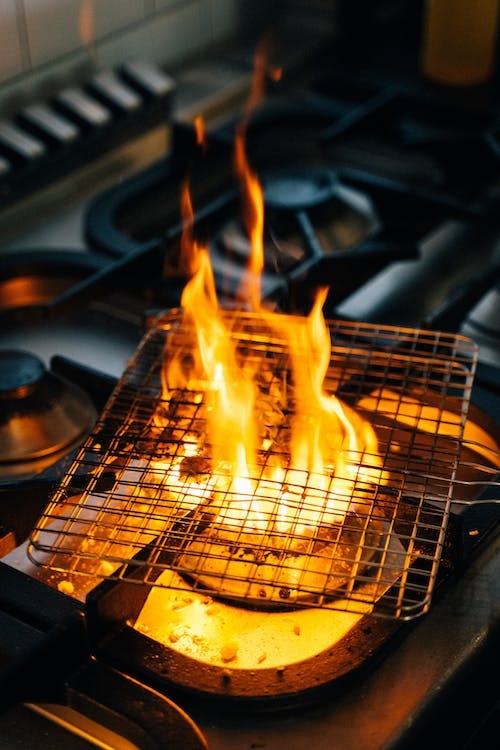Kosher Certification is more than the ingredients that go into a particular product. For example, did you know that equipment and utensils can be considered Kosher or not Kosher? For example, equipment that is Kosher all year might not be considered Kosher for Passover (a Jewish holiday with its own set of Kosher rules). Today we’re going to take a brief look at the process of Kashering (also known as Kosherization) equipment to return it to a Kosher state.
Kosherization is a process of making non-kosher utensils or equipment Kosher again. The process removes any traces of non-kosher material as well as residue that may have been absorbed by the utensils. For example, a pot used to cook non-Kosher soup needs to be Kosherized before you can cook Kosher certified soup. This is because cooking the non-Kosher soup in the kettle renders the kettle non-Kosher due to the flavor that is absorbed into the walls of the pot.
There are different ways to Kosherize items that are dependent on what type of food they were used to prepare as well as the manner in which they were used. The exact parameters and methods are beyond the scope of this overview but in general involve the following:
1. A full, thorough cleaning of the item being Kosherized. This can involve taking a piece of machinery apart if needed.
2. Leaving the item completely idle for a minimum of 24 consecutive hours
3. Conducting the actual Kosherization in the presence of a Rabbi. For example, an oven would be run on the highest temperature for a minimum of 1 hour. Metal pots would be submerged in boiling water. Every item has its own method of Kosherization.
The Kosherization process is important because it allows the use of a kitchen/facility that was not previously Kosher certified and/or in a scenario where a company needs to manufacture a particular product at a specialized facility.
It’s important to note that sometimes there is no effective way to Kosherize a particular piece of equipment due to technical constraints. In that case, new equipment would need to be used in order to maintain Kosher laws. We hope this quick overview helps shed some light on this aspect of Kosher certification. If you have specific questions about obtaining Kosher certification in your facility, please reach out.
We’d be happy to discuss the specifics of your facility and how to best facilitate the process of Kosher.



